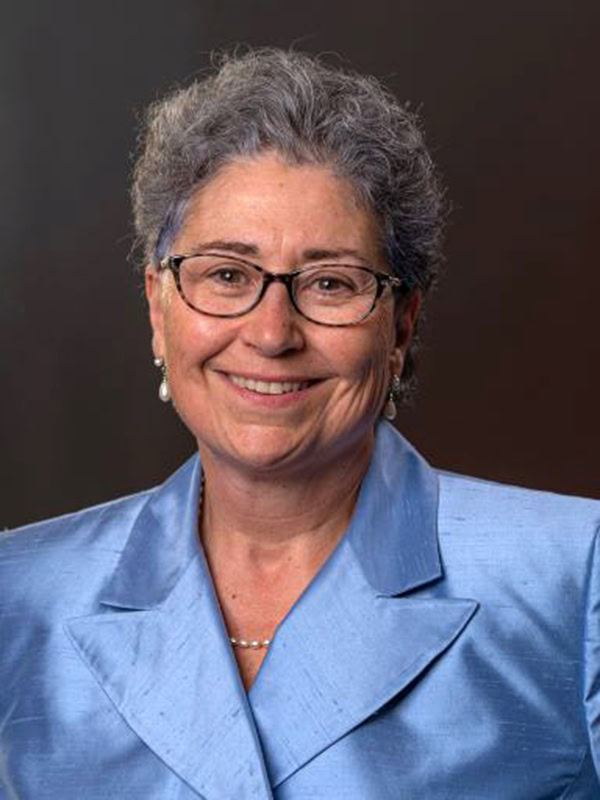Know Your Legal Rights is a bi-monthly column distributed by the State Bar of Wisconsin. It is sponsored by the State Bar of Wisconsin’s Lawyer Referral Service (LRS), which connects Wisconsin residents with lawyers throughout the state. To find an attorney in your area, visit wislaw.org.
By Attorney Cheryl Furstace Daniels

By this point in the fall, you’re probably overwhelmed by campaign calls and text messages on your cell phone. You’re sure you signed up for both the federal and Wisconsin Do Not Call registries. So, why are you still getting these messages?
Do Not Call Laws in Wisconsin
Wisconsin laws and regulations govern the state’s Do Not Call Registry. Registering with the program through the Wisconsin Department of Agriculture, Trade and Consumer Protection should stop most telemarketing calls and text messages.
However, one of the biggest exemptions from the prohibition is for non-commercial purposes, including political calls, campaign messages, polls, and surveys.
What About the National Registry?
If being on Wisconsin’s registry doesn’t help, what about the National Do Not Call Registry? Unfortunately, campaign calls and texts are also exempt there. Increasingly, political campaigns are finding your cell phone number, leading to even more of these messages.
Help Under the TCPA
Is there any way to stop this? There is some help under the federal Telephone Consumer Protection Act (TCPA), which contains specific rules political campaigns must follow. The Federal Communications Commission (FCC) enforces these rules.
Autodialed and Prerecorded Political Calls
Autodialed or prerecorded political campaign calls, including autodialed live calls, texts, and prerecorded voice messages, are prohibited on cell phones, pagers, or other mobile devices without prior express consent from the recipient. These same restrictions apply to emergency or toll-free lines, and lines serving hospitals or similar facilities.
However, political autodialed or prerecorded calls are allowed to landline phones, even without prior consent.
Required Identification Information
Political calls featuring artificial or prerecorded voice messages must include certain identification information:
- The individual or entity initiating the call must clearly identify themselves at the beginning of the message.
- If the caller is a corporate entity, the official business name must be clearly stated at the start.
- The caller must provide a telephone number, either during or after the message.
Robotexts and Political Text Messages
Robotexts — text messages generated through autodialing — are also considered a type of call and must follow the same rules as robocalls. While manually sent texts don’t require prior consent, political texts sent via auto-dialer do.
If you’re receiving unsolicited texts, you can report them by forwarding the messages to 7726 (SPAM). Campaigns are also required to honor opt-out requests if you reply “STOP.”
Filing Complaints
If you believe you’ve received a political robocall or text that violates FCC rules, you can file an informal complaint at fcc.gov/complaints.
Cheryl Furstace Daniels is a retired attorney who spent most of her career with the Wisconsin Department of Agriculture, Trade and Consumer Protection. The views expressed here are her own and do not reflect those of any state or federal agency.



